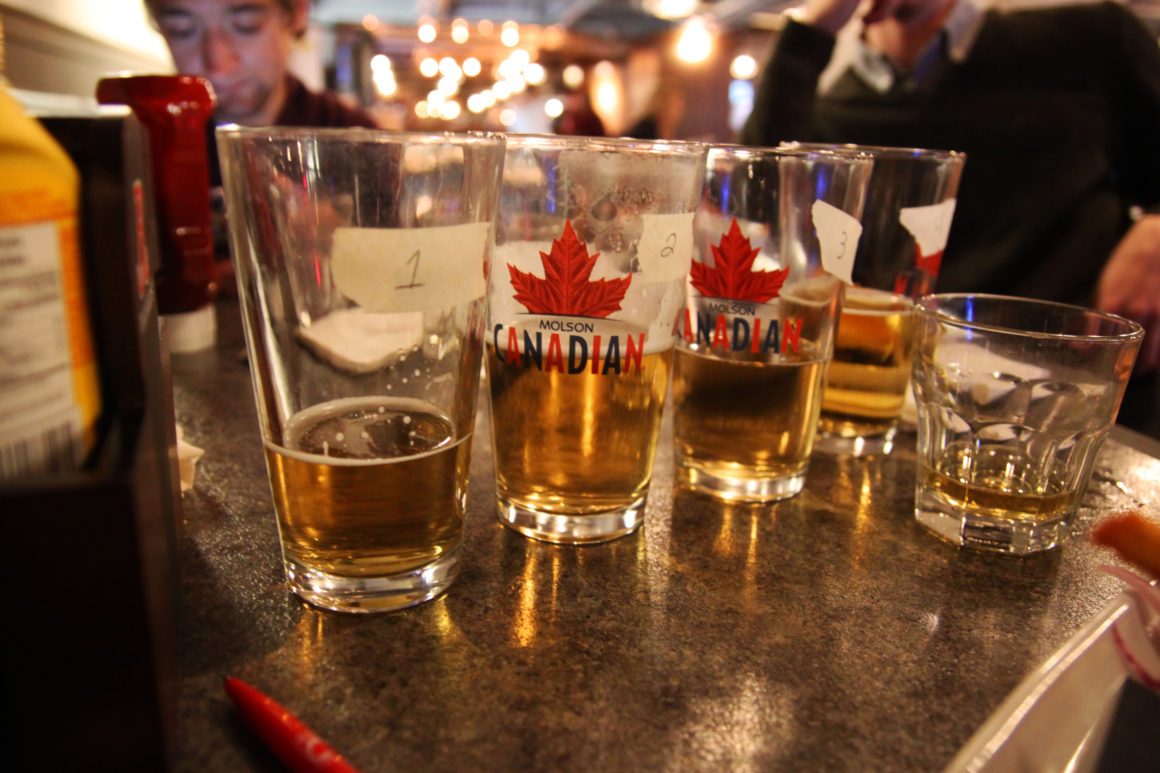
New U of C safe drinking space to help students sober up post-Thursden
By Tina Shaygan, December 8 2017 —
The University of Calgary students will have access to a safe drinking room called the Post Alcohol Support Space (PASS) in January. This space is similar to Campus Observation Room at Queen’s University where intoxicated students can attain non-emergency medical attention. PASS is part of larger efforts by the U of C to reduce harm from alcohol consumption, including through involvement with Postsecondary Education Partnership — Alcohol Harms (PEP-AH).
Under PEP-AH, representatives from across Canadian post-secondary institutions come together to share research and expertise on combating alcohol harm on campuses. U of C Vice-provost student experience Susan Barker said reducing harm to students is one of her highest priorities.
“As university administrators, the most important thing — if we do one thing in our jobs — is to keep students from harm,” she said.
Barker added that there is a shift in psychology regarding campus alcohol consumption. She said this shift has resulted in approaches centered around reducing harm instead of discouraging alcohol consumption altogether.
“All the no and the negatives, we know from the demographic that we have and from many years that it just didn’t work,” she said. “The reason it’s called harm reduction is that it’s not saying, ‘Do not do this,’ but ‘Here are some of the safer ways that if you choose to engage in this sort of activity, is how you can help keep yourself and your friends safe.’ ”
Students’ Union vice-president student life Hilary Jahelka echoed the same idea.
“We’re not telling students to stop drinking altogether because that doesn’t work,” Jahelka said. “It’s about reducing the harm.”
Senior director of student wellness Debbie Bruckner said peer support should be an essential aspect of addressing problems surrounding alcohol.
“There is evidence that young people are more likely to talk to their peers than seek even professional support when encountering issues,” Bruckner said. “What we know is that most students think everyone else drinks way more than they do. So it’s hard for students to identify themselves with an alcohol problem and that’s where peer support is very effective.”
Barker also said that in taking part in PEP-HA, all post-secondary institutions can benefit from shared knowledge and experiences.
“We are aware that by coming together as a collective, sharing expertise, sharing information and strategies, much good can be done,” Barker said. “We’ve always had alcohol education programs but signing PEP-HA and being a part of that gives us a new lens to look at things.”
Among the initiatives intended to address alcohol harms is PASS. The space will be staffed with students from Student Medical Response Team, as well as registered nurses. The space will be available for use on Thursday nights and special occasions such as St. Patrick’s Day.
“If a student is intoxicated such that it’s concerning to their friends, but not sufficiently so that they’re transported to the hospital, we’re providing a safe room for them to sleep it off,” Barker said.
“The fundamental concern is that we occasionally have heavily intoxicated students who are not quite at the stage of needing Emergency Medical Services or hospitalization assistance on campus and we have no means to monitor their condition,” Bruckner said. “This response ensures students who are intoxicated are safe, not travelling or isolating themselves and are monitored to ensure there are no additional health concerns.”
Bruckner added that a key aspect of this space is that students can ask for help without worrying about repercussions.
“You ask for help, you don’t get in trouble,” she said. “There are no non-academic misconduct consequences as a result of a visit to this unit.”
PASS will open in January.
